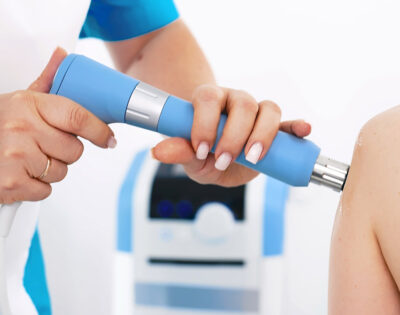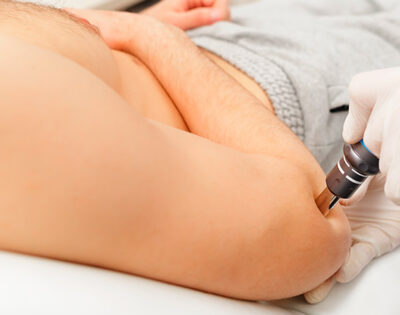Equine shockwave therapy is an innovative treatment that has gained popularity among veterinarians and horse owners for its ability to promote healing and reduce pain in horses. With the right equine shock wave therapy machine, conditions such as tendon injuries, ligament strains, and joint inflammation can be managed effectively. This blog will guide you through the top machines on the market and help you make an informed decision when looking for an equine shock wave therapy machine.
Understanding Equine Shockwave Therapy
Before we compare the different machines available, let’s first understand what equine shockwave therapy entails.
Basics of Shockwave Therapy for Horses
Shockwave therapy for horses involves the delivery of high-energy sound waves to affected areas, which can help to stimulate healing, reduce inflammation, and alleviate pain. This treatment is non-invasive and has been used to treat a range of equine conditions successfully.
What is shockwave therapy and how does it work?
Top Equine Shock Wave Therapy Machines
There are several shock wave therapy machines designed specifically for equine use. Let’s explore some of the best options available on the market.
Leading Machines for Equine Therapy
- Model A: Known for its portability and ease of use, Model A is a top choice for equine veterinarians.
- Model B: Model B features advanced technology that allows for customizable treatment plans.
- Model C: Durable and powerful, Model C is ideal for treating deeper tissue injuries.
Compare the top shock wave therapy machines for horses
Key Features to Consider
When shopping for an equine shock wave therapy machine, there are important features to consider to ensure you find the right fit for your needs.
What to Look for in a Therapy Machine
- Energy Range: Different conditions require different energy levels, so a machine with a wide range is preferable.
- Portability: If you need to treat horses in various locations, a portable machine is essential.
- Ease of Use: User-friendly interfaces can make the treatment process smoother for both the operator and the animal.
Learn more about the must-have features in equine therapy machines
Making the Right Choice
With the options and features laid out, how do you make the final decision on which machine to purchase?
Factors to Consider
- Budget: Determine your budget as this will significantly narrow down your options.
- Condition-Specific Needs: Consider the specific conditions you will be treating most often and choose a machine that excels in those areas.
- After-Sale Support: Look for a manufacturer that offers excellent customer service and after-sale support.
Steps to choosing the right equine therapy machine for your practice
FAQ Section
How often can shockwave therapy be administered to horses?
The frequency of treatment varies, but typically, shockwave therapy can be administered every 2-3 weeks, depending on the condition being treated and the horse’s response to therapy.
Is equine shockwave therapy safe?
Yes, when performed by a trained professional, shockwave therapy is a safe and well-tolerated treatment for horses.
Can shockwave therapy be used in conjunction with other treatments?
Absolutely. Shockwave therapy is often part of a comprehensive treatment plan that may include rest, rehabilitation exercises, and other therapies.
Conclusion
Equine shock wave therapy machines offer a promising solution for the treatment and management of equine injuries and conditions. By understanding the various machines available, the features to look for, and how to make the right choice for your needs, you can invest in a therapy option that will benefit both your practice and your equine patients.
Ready to explore the benefits of shockwave therapy for your horses? Contact our experts for a consultation or to find the best equine shock wave therapy machine that suits your requirements. Download our comprehensive guide to equine shockwave therapy to learn more about the science behind it and how it can transform your equine care practice.





